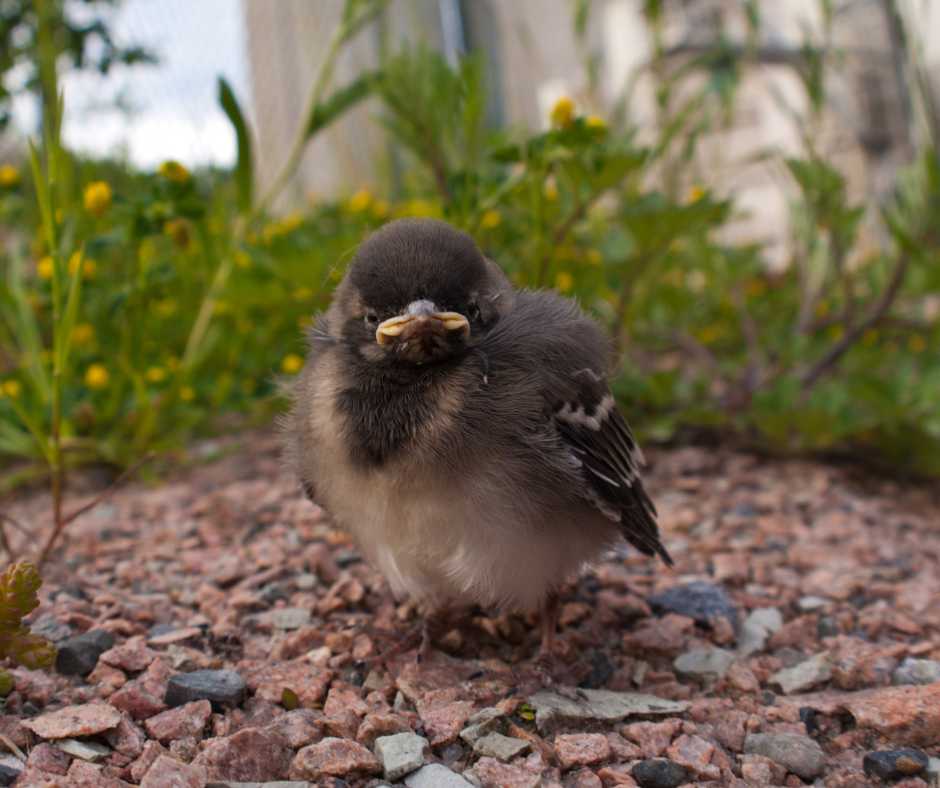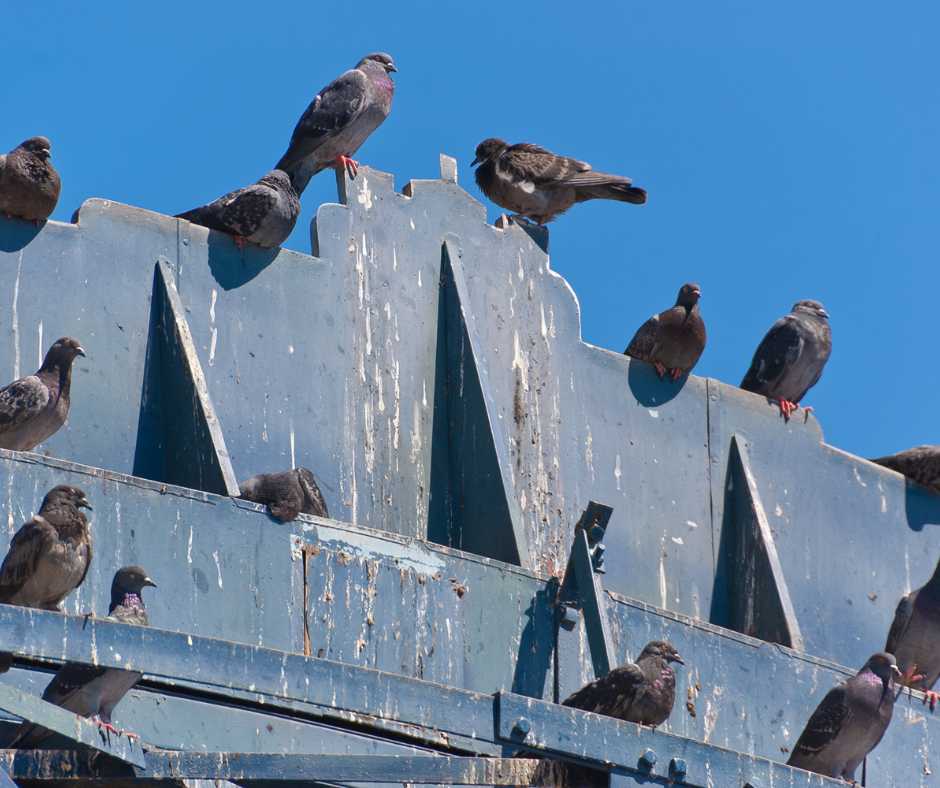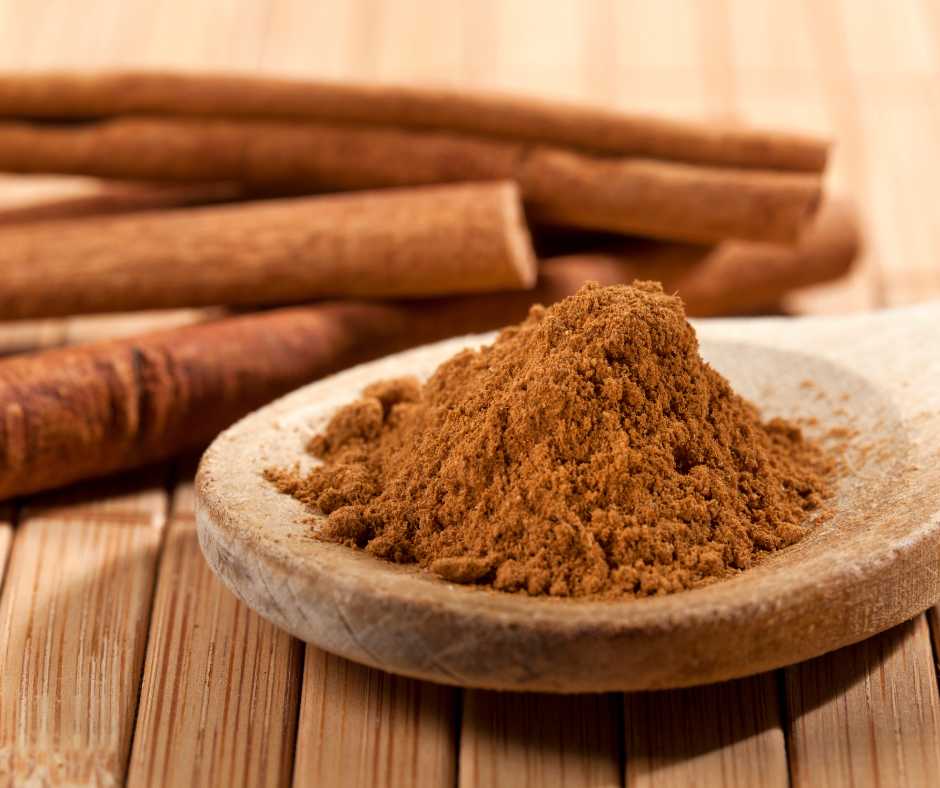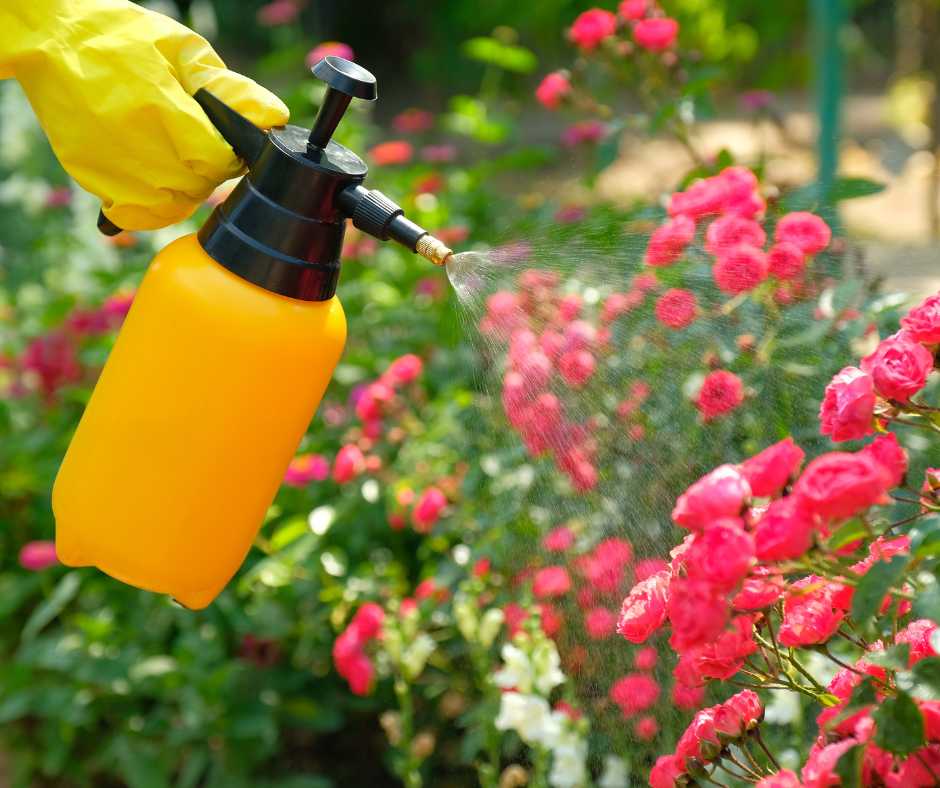Hey there! Have you ever pondered over “What Smell Do Birds Hate“?
Birds dislike the scents of cayenne pepper, chili, garlic, peppermint, vinegar, citronella, lemon, and cinnamon, making these natural smells effective and humane deterrents for keeping birds away from gardens and homes.
So, we’re onto something big when we talk about using certain scents to keep birds from turning our gardens into their playgrounds or our cars into their restrooms. These aren’t any scents; they’re the ones birds love to hate.
And by using them, we’re not looking to start a turf war but to set some friendly boundaries. It’s all about living in harmony without stepping on each other’s toes—or talons.
So, stick around as we dive into the world of smells that birds would rather avoid, ensuring peace and coexistence in our shared spaces.
Can Birds Really Smell?
Recent studies have debunked the myth of birds’ olfactory blindness. Birds are indeed capable of picking up on various scents, which can influence their behavior and habitat preferences.
For example, research published by the National Library of Medicine highlights how certain birds use smell to navigate and locate food. This insight forms the foundation of using scent as a strategy to guide birds away from areas where they’re not welcome, ensuring no harm comes to them.
So, when we talk about using certain smells to keep birds at bay, we’re not whistling Dixie. It’s a strategy rooted in the very nature of birds themselves. By tapping into this sensory skill, we can guide birds away from places they’re not exactly welcome, like our gardens or freshly washed cars, without causing them any harm.
It’s all about coexisting peacefully, with some help from the science of smells. Whether it’s the spicy kick of cayenne pepper or the sharp tang of vinegar, these aren’t random picks; they’re scents that birds prefer to steer clear of, making them perfect allies in our quest for bird-free spaces.

Why Opt for Smell-Based Bird Deterrents?
Why would someone choose to keep birds at bay using smells? Well, it’s because it’s a kind, invisible fence. It’s about drawing a line in the sand (or the air) that says, “This far, no further,” without causing harm.
Opting for smell-based deterrents offers a humane, invisible barrier, ensuring our shared spaces remain harmonious. This approach is health-conscious, safeguarding our gardens from bird-related damages without disrupting the ecological balance. It’s about drawing a line that respects both human and avian inhabitants, emphasizing peaceful coexistence over exclusion.
This approach ticks all the boxes: it’s health-conscious, keeping those bird-borne nasties at bay; it’s aesthetic, preserving the beauty of our buildings and gardens without the mess; and it’s safe, protecting both the structural integrity of our homes and the birds themselves. Plus, it’s a method that respects the critters’ well-being, nudging them away without harm.
Want to know about some best bird deterrent? Check this link out.
The Impact of Birds on Human Habitats
Imagine this: You’ve just made your car look super shiny over the weekend. But come Monday, it’s all covered in bird poop, thanks to some pigeons. Or remember when it rained, and water overflowed from your gutters because of nests blocking them?
These aren’t minor problems; they can mess up the fun of watching birds. Bird poop can be unhealthy, and nests can damage our homes and even mess with solar panels. That’s why using smells to keep birds away is a good idea. It’s a gentle way to solve the problem.
By using smells birds don’t like, we keep our homes safe and let birds keep doing their thing, not too close to us. It’s all about living together with nature, not keeping it away.

The Secret Arsenal: Smells That Birds Hate
Alright, let’s dive into the heart of our bird-friendly battle plan—the smells that our winged friends prefer to avoid. It’s like discovering a secret code that gently tells birds to steer clear, keeping our feathered buddies and spaces happily apart.
Read More: What Smell Do Birds Hate
Cayenne Pepper and Chili: The Spicy Scare
The intense spiciness of these ingredients acts as a strong repellent, creating a no-go zone for birds. Sprinkling these spicy powders can create an invisible barrier that birds are too spice-shy to cross.
Garlic: The Pungent Protector
Garlic does more than fend off vampires; it’s a bird’s version of a stink bomb. Its potent aroma serves as a natural bird deterrent, keeping birds at a safe distance from treated areas. With a little garlic concoction around your garden, you’ve got an all-natural bird repellent that doesn’t harm a feather on their heads.
Peppermint: The Cool Repellent
Birds are averse to the cool, minty scent, making peppermint oil an excellent choice for bird control. Mixing a peppermint solution and spraying it around can keep birds at bay, making it a breath of fresh air for your bird control efforts.
Vinegar: The Sour Sentinel
If birds had a list of least favorite things, vinegar would top the charts. The acidity and sharp smell of vinegar are effective in keeping birds from nesting and loitering around homes. A little vinegar solution around potential nesting spots acts like a sour shield, protecting your property from becoming the next hot bird hangout.
Citronella and Lemon: Citrus Shields
Citrus scents, especially citronella, and lemon, are a charm in keeping birds away. Citrus scents are disliked by birds, making them ideal for protecting gardens without causing harm.
Cinnamon: The Sweet Dislike
Surprisingly, the sweet scent of cinnamon is off-putting to birds, providing a pleasant yet effective deterrent. While it makes our homes smell like a holiday, it keeps birds from turning your property into their playground. A sprinkle of cinnamon here and there and birds get the message.

The Debate on Mothballs: Caution Advised
Mothballs seem like a quick fix, but they come with a caution tag. While they can deter birds, the chemicals used in mothballs aren’t the friendliest option for the environment or our health. If you’re leaning towards mothballs, it might be time to pause and consider safer alternatives.
By tapping into these natural scents, we’re not keeping our spaces bird-free; we’re doing it safely for the birds and the planet. It’s all about harmony and ensuring everyone—feathers or not—can enjoy their space without stepping on each other’s toes (or paws).
DIY Bird Repellent Recipes: Crafting Your Homemade Solutions
Ready to become a bird-repellent wizard with some kitchen magic? Making bird-repellent concoctions isn’t easy; it’s also a fun way to protect your garden without harming our feathered friends. Let’s dive into some simple recipes to keep birds thinking twice before they crash your garden party.
Simple yet Effective Homemade Repellents
Spicy Pepper Spray:
Ever notice how birds seem to steer clear of spicy foods? That’s because they’re not big fans of the heat. Here’s how to make them think your garden’s too hot to handle:
- Mix two tablespoons of chili powder or cayenne pepper with a gallon of water.
- Add a teaspoon of dish soap to help the mixture stick to plants.
- Shake well and spray around the edges of your garden or on plants that birds find too appetizing.
Garlic Guard:
Garlic’s strong scent is a powerful bird deterrent. Here’s a quick way to brew a garlic guard:
- Crush five cloves of garlic and mix them into a liter of water.
- Boil the mixture, let it cool, then strain it.
- Pour it into a spray bottle and mist it around your garden or anywhere birds like to gather.
Minty Fresh Barrier:
Peppermint oil smells excellent to us and acts as a bird repellent.
- Mix ten drops of peppermint oil with a cup of water and a few drops of dish soap.
- Spray this minty mix on your plants to keep birds at bay, giving them a refreshingly clear signal to find a different hangout spot.
Vinegar Veil:
Vinegar’s sharp smell is perfect for keeping birds from settling in.
- Combine equal parts water and vinegar in a spray bottle.
- Spritz it around your property’s perimeter or in spots where birds like to congregate. Avoid spraying it directly on plants, as vinegar can harm them.
Citrus Circle:
Birds aren’t fans of citrus scents, either.
- Squeeze a couple of lemons or oranges into a bowl.
- Mix the juice with water and vinegar for an extra kick.
- Use this citrus circle spray around your garden to create a scent barrier that birds prefer to avoid.
Tips for Safe and Effective Application
- Always test: Before going all out, spray a small amount of your repellent on a few leaves to ensure it doesn’t harm the plant.
- Reapply after rain: These natural concoctions can wash away, so give your garden a quick re-spray after it rains.
- Keep it fresh: Refresh your repellent concoctions weekly for the best results.

By crafting these simple, bird-friendly repellents, you’re protecting your garden and ensuring the birds can continue their aerial adventures safely elsewhere. It’s all about living in harmony with some homemade magic.
People Also Asked
What’s the most effective smell to repel birds?
Birds do not like strong spices like cayenne pepper or powerful scents like garlic.
Can these repellents harm birds?
No, these scents are deterrents, not harmers. They’re about as gentle as it gets.
How often should I reapply homemade repellents?
Every few days should do the trick, especially after rain.
Are commercial repellents better than homemade ones?
It depends on your needs, but homemade remedies are often more effective and eco-friendly.
Can I use these repellents for any type of bird?
Yes, most birds will be deterred by these smells, but remember, it’s about deterrence, not harm.
Wrap Up
So, here’s the deal: living with birds around doesn’t have to be a big deal. It’s like being good neighbors. We’re showing the birds where they can hang out and where they can’t without being mean about it. We use smells they don’t like, such as solid spices or citrus, to kindly tell them, “This spot isn’t for you, buddies.“
By embracing natural scents as deterrents, we foster an environment where humans and birds can coexist peacefully. This approach allows us to protect our spaces while ensuring birds can thrive—just not too close for comfort. Remember, being good neighbors to wildlife is as simple as understanding and respecting our differences.
So, let’s keep using these smells carefully, helping everyone get along. Being friendly neighbors is as easy as a spray!
Related Sources:
- National Audubon Society (https://www.audubon.org/): Dedicated to the protection of birds and their habitats, the Audubon Society provides resources on bird-friendly practices and conservation.
- Environmental Protection Agency – Safe Use of Pest Control (https://www.epa.gov/safepestcontrol): Offers guidelines on the safe and effective use of pest control methods, including those that deter birds without causing harm.
- BirdLife International (http://www.birdlife.org/): A global partnership of conservation organizations that strives for bird conservation worldwide, providing research and data on birds.
- Royal Society for the Protection of Birds (RSPB) – Deterring Birds (https://www.rspb.org.uk/birds-and-wildlife/advice/how-you-can-help-birds/deterring-unwanted-birds/): Offers advice on how to humanely deter birds from certain areas without harming them, supporting coexistence.

